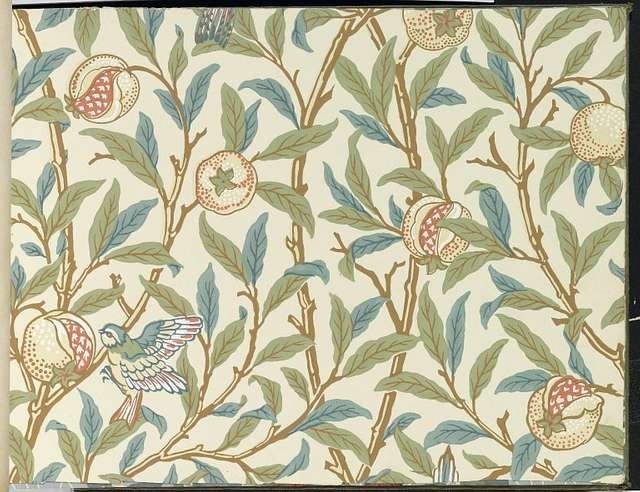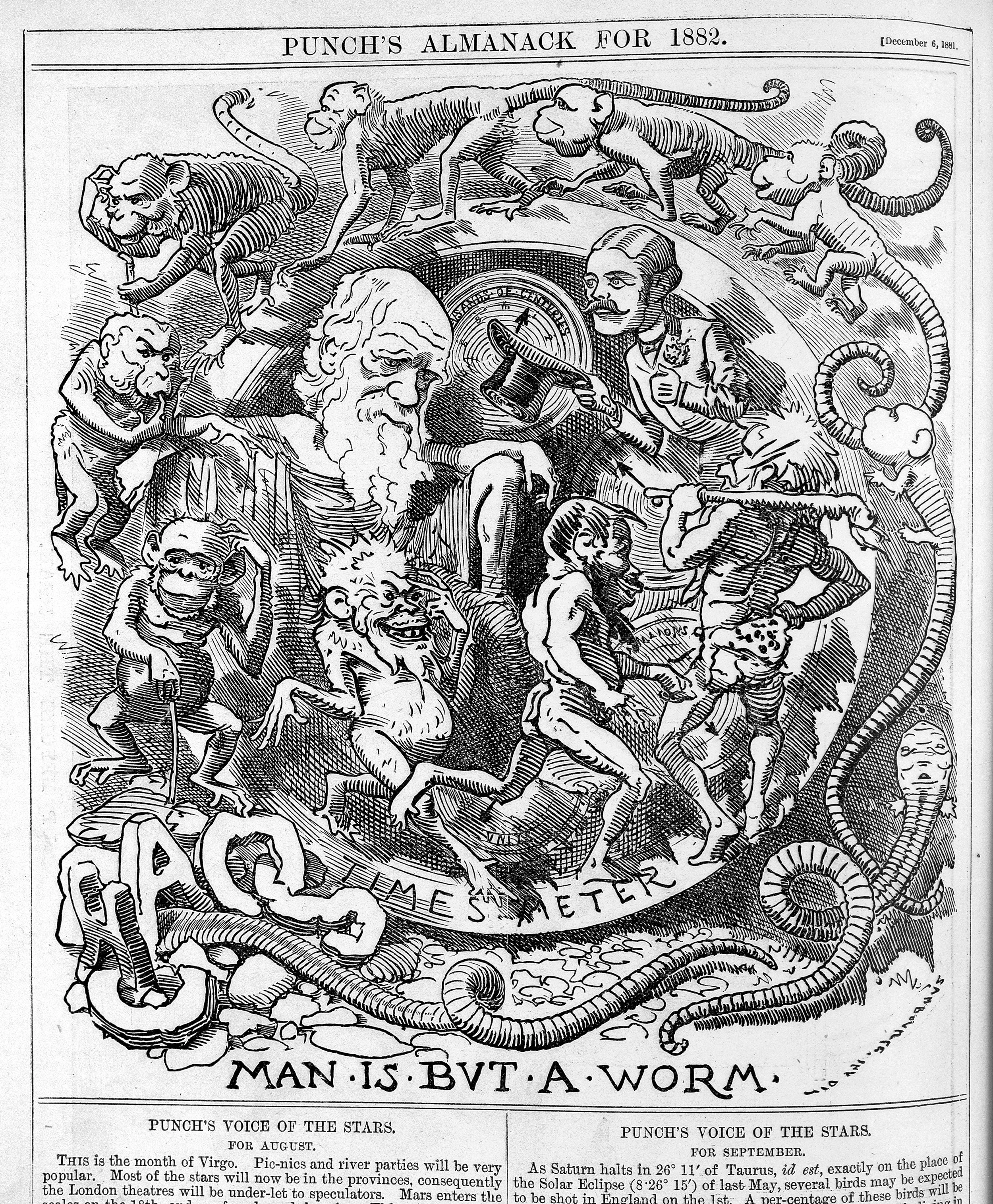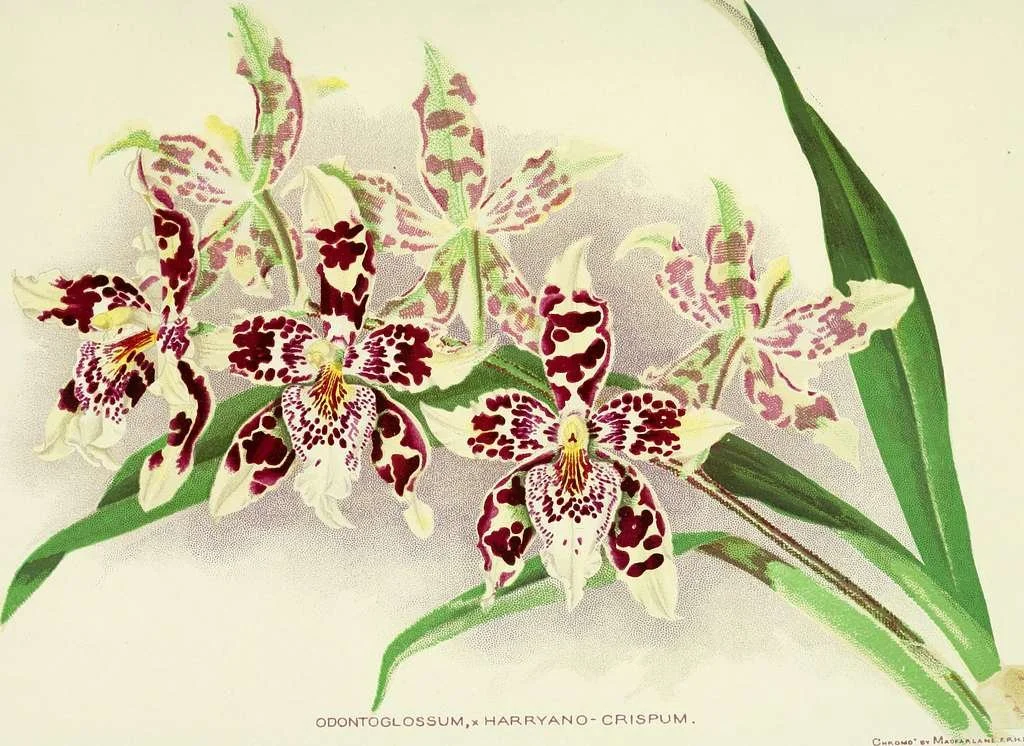Vcologies Early Career Paper Prize, 2024
Awarded for “The Eco-Ethics of Nonhuman Affect in Hardy and Darwin”
Award Citation: In this original, well-structured and eminently lucid piece, the author makes the case for exploring Hardy’s recognition of the interconnected pain and suffering experienced by humans, non-human animals, and plant life alike. The essay brings contemporary ecocriticism and affect studies to bear on several Hardy novels, whilst also paying close attention to the historical resonances of Darwin’s experimental studies and the philosophy of vitalism. Through examining Hardy’s showcasing of the omnipresence of pain and pleasure in lifeforms very different from our own, we see not just the reciprocity of affect in the networked structures of organic and social life, but also understand the ethical imperatives that follow from what the author memorably terms the “ecological contingency of harm.”
Judges: Dennis Denisoff, Kate Flint, and Daniel Williams
Northeast Victorian Studies Association “Expanding the Field” Essay Prize, 2021
Awarded for “Orchidelirium, Undisciplined: Reading the Victorian Colonial Archive with Leslie Marmon Silko”
Award Citation: The judges were struck by the essay’s ingenious methodology and range of reference. Deftly weaving together readings of nineteenth- and twentieth-century novels, films, and scientific discourses from Victorian and indigenous cultures, Newby’s essay offers a shining example of what may be accomplished in our field when we “undiscipline” it. This beautifully written piece teaches us how moving past traditional periodization and national and geographic boundaries can illuminate our understanding of both Victorian and contemporary cultures.
Judges: Tanya Agathocleous, Mike Tondre, and Sophia Hsu

Columbia University Presidential Teaching Award, 2021
Awarded on the basis of student and faculty nominations
Award Citation: You are an inspiring teacher, gifted with a singular ability to help students achieve their very best. At Columbia, you have helped many make their first forays into academic writing and literary criticism. You have also made it a priority to grow and expand your teaching skills. Those efforts have been rewarded by requests from the Center for Teaching and Learning and the Undergraduate Writing Program to share your expert advice and guidance with other graduate student teachers. Your deep commitment to and knowledge of equitable, effective, and innovative educational practices are evident to all. You focus not on rules, but on principles. You work hard to strike the right balance between guiding discussions and allowing students the freedom to push boundaries and explore new ideas. Yours is a classroom culture that demands that its members speak to one another with both rigor and respect. Your peers look to you for pedagogical leadership. Your academic mentors have said that their own teaching has been profoundly influenced by your counsel and example. And your students simply adore you. For all you have done to contribute to this University community, Columbia is proud to honor you with the 2020 Presidential Award for Outstanding Teaching by a Graduate Student.
Granted by the President of Columbia to three graduate students each year

